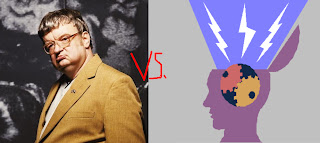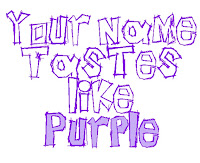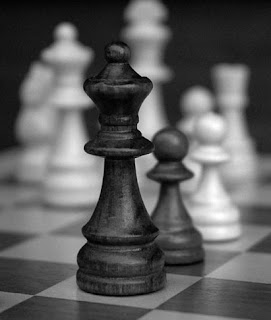When you see people thrown in the middle of the side walk while you are talking a stroll through town you immediately think that they either partied way to hard last night and are passed out or that they are on drugs, but has it ever crossed your mind that just maybe they suffer from narcolepsy? Narcolepsy is a strange condition that some people suffer in which they are overcome by involuntary sleep episodes during the day. People who suffer this lose control over body muscles and simply collapse to the ground. However, the fact that they are in the floor does not mean that they are necessarily asleep; they can hear what is going around them in some cases, but are unable to control their muscles.
In a video I watched recently in my psychology class a man named Muhammad has to live with this rare condition. He has to overcome many obstacles in his life. For instances, he must wear a helmet because if he falls he may hurt his head severely (specially in the kitchen with all the sharp and dangerous tools). He does not leave his home very often because if its hard enough being at home collapsing every few minutes, than imagine how hard it must be in public, were everyone judges and laughs at you. This condition is not to be laughed at, but informed and aware of. This condition is truly more than what the eye meets.













